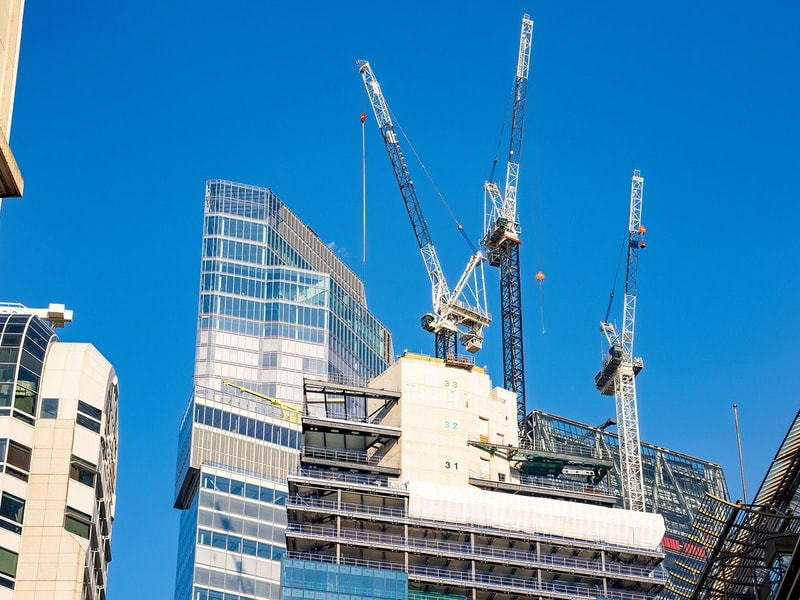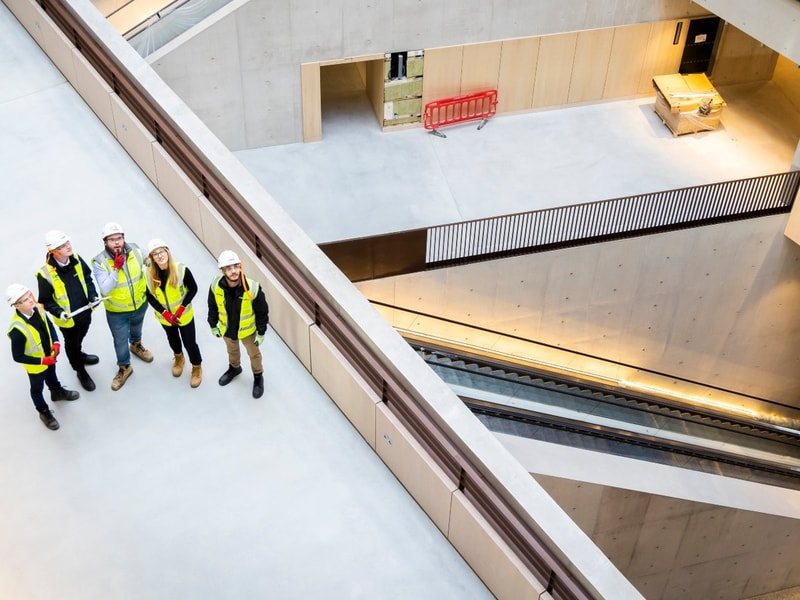New government department must make lab building top priority
The UK government has created the Department for Science, Innovation and Technology to transform the UK into a life sciences hub, emphasising the need for world-class lab facilities to attract talent and investment.

Key takeaways
The UK aims to become a life sciences innovation hub, prioritizing lab building
Boston’s success in life sciences is due to its proximity to top universities and significant investment
Repurposing existing buildings into lab spaces could address the UK’s lab space shortage
The Prime Minister Rishi Sunak has announced the creation of a new government department, the Department for Science, Innovation and Technology, in an attempt to realise his ambition to make the UK ‘the next Silicon Valley.’ As the new department starts to put together its plans and aims, it must make lab building a top priority. This new department is very timely as the UK life sciences industry is at a crossroad.
One way the government can signal to the world that it’s serious about becoming a successful life sciences innovation hub is to publish a clear strategy of how it is going to deliver a programme of building world-class facilities that will attract global talent, encourage investment, and provide the space this booming sector needs to grow.
Often when the UK is compared to other global players in the life sciences industry, we look to Boston, Massachusetts, and for good reason – the Boston area is home to over 1,000 biotech companies from the top ten life science firms in the world all the way to many new innovative start-ups – making it the closest thing the life sciences industry has, currently, to Silicon Valley.
What’s the secret to its success? Its proximity to major universities such as MIT and Harvard as well as seven major teaching hospitals clearly played a major role, as did the $1bn investment made through the Massachusetts Life Sciences Act in 2008 which was followed by an influx of venture capital investment.
However, it has also benefitted from the creation of the ‘Boston Innovation District’ – which set out to transform the South Boston Waterfront into a hub of innovation and entrepreneurship, ensuring adequate infrastructure and housing. As a result of initiatives such as these, the greater Boston area now has more than 30 million square feet of lab space, with 6m square feet of lab space under construction in 2021 alone (equivalent to the total lab space of the whole golden triangle).
The good news is the demand for UK lab space is there, we just need to create the conditions to build it. Bidwells estimated there was a demand for 1m square feet of lab space last summer, but at the time of their report only 10,000 was available. While there are wider debates ongoing around various levies and R&D tax credits, until we address the lab space issue, we can’t even deliver for the demand we currently have.
One option is encouraging the re-use and repurposing of old offices, warehouses and retail units into lab spaces. This may help allay the concerns of residents around new developments, as it’s using buildings that are already there, as well as placing new labs near residential centres rather than in out-of-town science parks.
Developers are increasingly looking to this option, but often the cost and complexities can be prohibitive, with considerations around fireproofing and equipment which allow for the precise temperature, humidity and pressure control of a lab environment. But with a little bit of encouragement through incentives of planning policy, this could become a mainstream option.
If we are to truly match Boston in the global life science race, and to become the ‘world’s next Silicon Valley’, we need to match their ambitions. This new government department is a welcome first step, but it must make lab building its priority.
This article was originally published via BE News.
Related insights
-

UK market view: Q4 2025
Report





